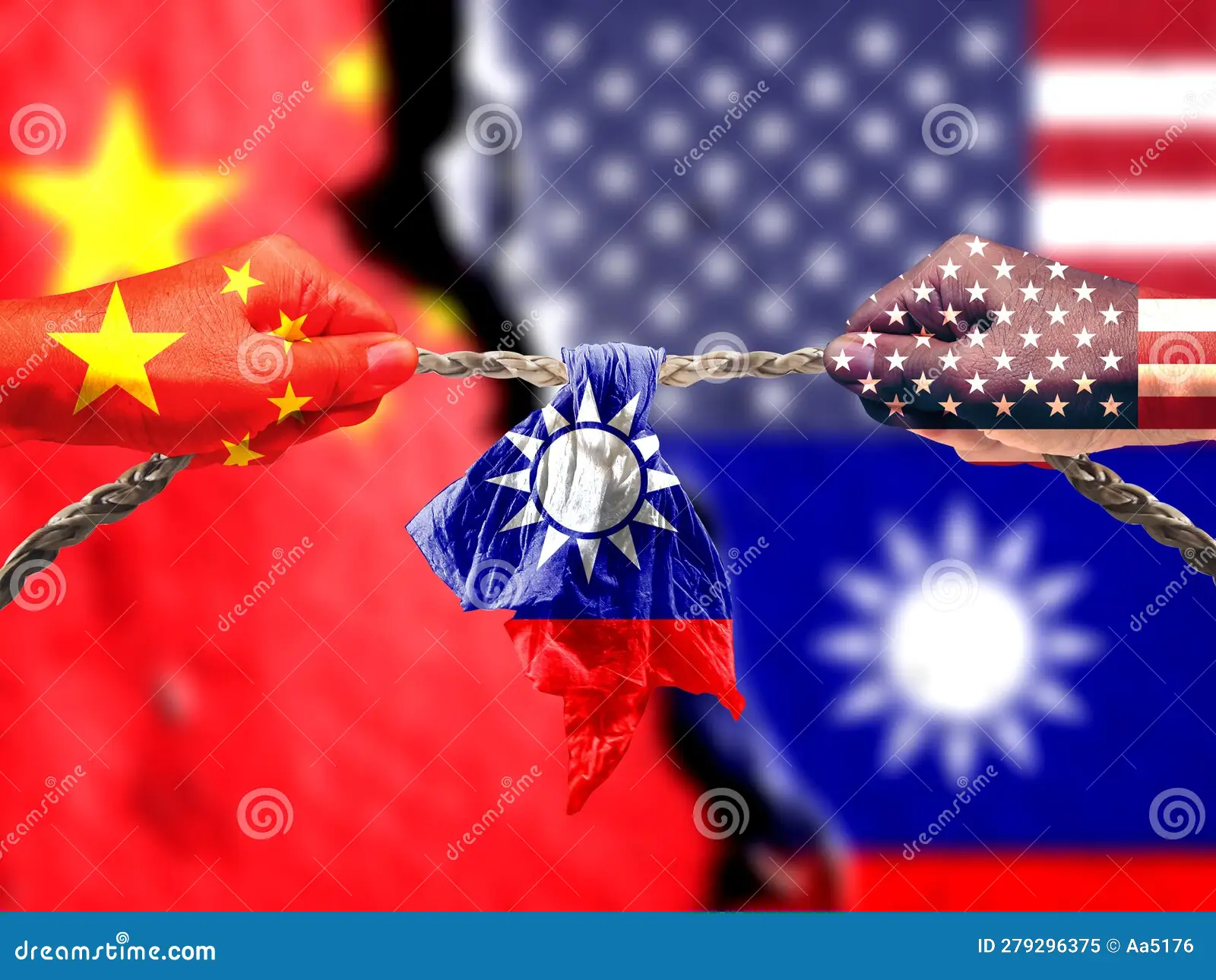A United States junior congressional delegation is visiting Taiwan for five days to meet with President Lai Ching-te (賴清德) and other senior officials until tomorrow when the delegation returns to the U.S.
Marilyn Strickland, a Democrat representing the state of Washington, leads the delegation that also includes her Democratic Party colleagues Julia Brownley of California, Jill Tokuda of Hawaii, and Jasmine Crockett of Texas
In the world of politics, strategic maneuvers and calculated moves are essential for gaining attention and making an impact. Recently, a noticeable trend has emerged among some junior congresswomen who seem to be taking a page out of House Speaker Nancy Pelosi’s playbook by leveraging controversies and media attention during visits to Taiwan. This tactic involves not just gaining publicity for themselves but also strengthening ties with the island nation and sending a message to both domestic and international audiences.
Nancy Pelosi, known for her diplomatic acumen and political prowess, has made several high-profile visits to Taiwan, drawing attention to the complex relationship between the United States, China, and Taiwan. By strategically choosing to visit Taiwan, she has managed to not only highlight issues such as human rights, democracy, and security but also signal U.S. support for the island nation.
Following in Pelosi’s footsteps, some junior congresswomen have embarked on similar trips to Taiwan, generating controversy and capitalizing on the ensuing publicity. By aligning themselves with Taiwan’s pro-democracy stance and emphasizing shared values, these congresswomen have positioned themselves as champions of human rights and defenders of democracy.
One key aspect of this strategy is the role of the media and the Taiwan government in amplifying the congresswomen’s message. By engaging with local and international media outlets, these politicians have been able to reach a wider audience and shape the narrative surrounding their visit. Additionally, the hospitality extended to them by the Taiwanese government serves to underscore the importance of the relationship between the two nations.
The congresswomen’s visits to Taiwan not only serve to raise their profile on the international stage but also have implications for their domestic constituents. By showcasing their engagement with global issues and their commitment to values such as democracy and human rights, these politicians are able to bolster their image as progressive leaders who are unafraid to take a stand on contentious issues.
Furthermore, by aligning themselves with Taiwan, these congresswomen are sending a clear message to China about where they stand on the issue of Taiwan’s sovereignty. In a time of increasing tensions between the U.S. and China, such gestures can have far-reaching implications for diplomatic relations and regional stability.
While emulating Nancy Pelosi’s Taiwan strategy can yield significant benefits in terms of publicity and political capital, it also carries risks. The new trend of junior congresswomen following in Nancy Pelosi’s footsteps by visiting Taiwan and leveraging controversies for publicity underscores the evolving dynamics of U.S. foreign policy and domestic politics. By strategically engaging with global issues and positioning themselves as advocates for democracy and human rights, these politicians are shaping the narrative around key international issues and solidifying their own political standing back home.Critics say that is the main reason they have embarked on this trip. As the geopolitical landscape continues to evolve, it will be interesting to see how this trend unfolds and its implications for U.S.-Taiwan relations and broader international dynamics.
